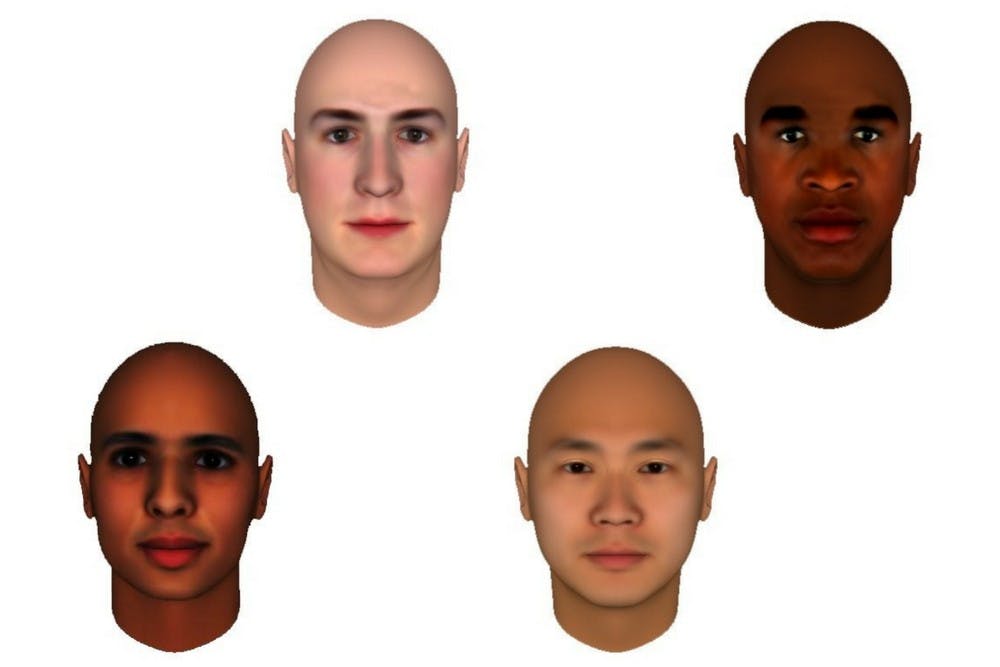A recent study suggests that people are less likely to go along with the crowd when they are in racially-diverse groups.
Sarah Gaither, assistant professor of psychology and neuroscience at Duke, and Evan Apfelbaum, associate professor of organization studies at the Massachusetts Institute of Technology, found that white participants were more likely to conform to bad decisions while in an all-white group compared to a racially diverse group.
“A lot of researchers argue that diversity only leads to anxiety and discomfort, but [this research] serves as a counterexample that there are a lot of benefits to being in diverse settings,” Gaither said.
The study revisited psychologist Solomon Asch’s conformity experiment from the 1950s, which examined whether social pressure from a majority group could affect people's decision-making. In his most famous study, participants were asked to correctly identify the shortest of three lines, with one clearly being the shortest.
When Asch stacked the group with accomplices who chose the wrong line, participants—who were unaware of the manipulation—went along with that incorrect answer. However, most of the participants in Asch's studies were white, and his intention was not to study racial diversity.
“Asch’s work has been cited so much in defining the mentality when people make decisions in group settings, but this work has never manipulated racially diverse groups as a factor,” she said. “So we wanted to extend his work to be more reflective of today’s society. We are more racially and ethnically diverse now than in the 50s when the work started.”
Gaither's research was done both in-person and online, with participants evaluating college applications. During the in-person session, one set of white participants was assigned to an all-white group, while another set worked with a racially diverse group. Confederates in each group endorsed inferior college applications. The online version was similar—the participants saw avatars representing other members of the group instead of seeing them face-to-face.
Although it was obvious that the student endorsed by the confederates was not qualified, 30 to 35 percent of participants in the all-white group conformed to the group decision that the student should be admitted. In a racially diverse group, only 20 percent of participants conformed.
“The conformity research has always argued that you are more willing to agree with someone who is similar to you, whether that similarity is in race or something else, so the result is actually what we expected,” Gaither said.
Along with proving that racial diversity is beneficial, she noted that the research highlights how modern psychology could adapt and expand on previous research to better reflect today's diverse society.
Another direction of future research would be to look at how racial minorities when place in a similar situation, Gaither noted.
“We know that the word ‘diversity’ usually means something very different for non-white people, so I am not sure the result would replicate or not,” she said.
An additional study could examine other aspects of diversity, such as political orientation, sexual orientation or religious group membership, Gaither explained. This research could reveal how being in other types of diverse groups impacts people's behavior. She noted that many of the people in power positions today are of the same race, which affects how decisions are made.
“Our current government has for a long time been largely reflective of white individuals, so eventually I would hope our government and other organizations should be more reflective of diverse groups,” she said.
Get The Chronicle straight to your inbox
Signup for our weekly newsletter. Cancel at any time.

